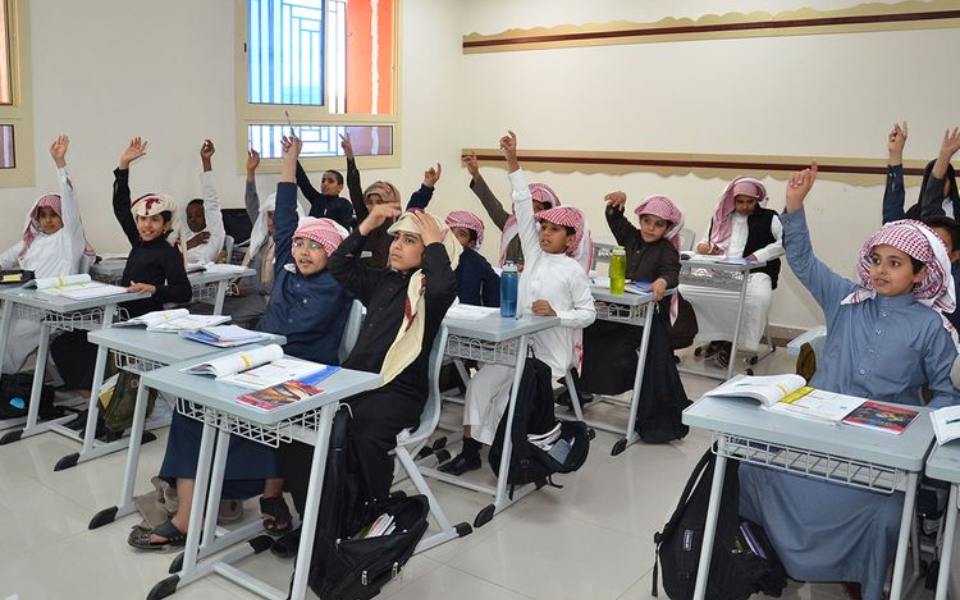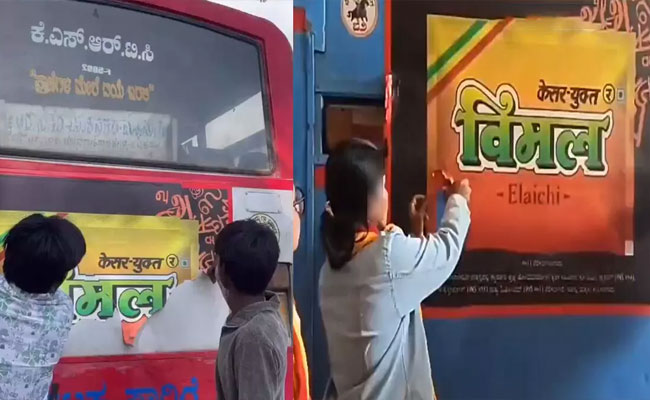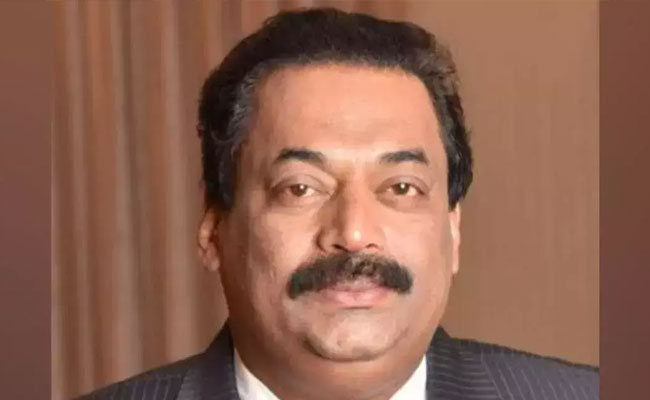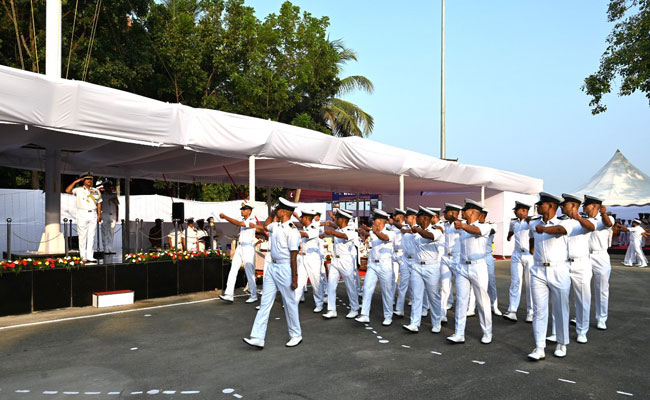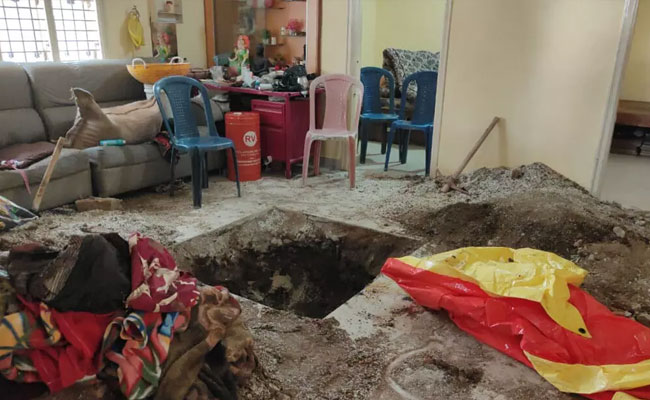In line with Saudi Arabia's Child Protection Law, parents of schoolchildren may face imprisonment if their children are absent from school without a valid reason for 20 consecutive days, as reported by Gulf News. This measure aims to uphold the quality of education in the country.
According to information from Saudi outlet Makkah, if a student's unexcused absence reaches the 20-day threshold, their parent or guardian could become the subject of an inquiry by the public prosecution under the Child Protection Law. Following the investigation, the case will be referred to a court, where a judge will have the authority to decide on an appropriate jail term for the parent if found guilty of negligence regarding their child's school attendance.
The legal procedure against parents of absent students involves several stages, as outlined in Gulf News. Initially, the school principal is mandated to report the case to the relevant education department, which will initiate an inquiry. Subsequently, the country's Education Ministry takes over the proceedings. A family care department then conducts an inquiry into the student's absence to determine its underlying cause.
Following these stages, the parent or guardian may be subjected to investigation by the prosecution before the case is eventually brought to court.
Let the Truth be known. If you read VB and like VB, please be a VB Supporter and Help us deliver the Truth to one and all.
Bengaluru: The Karnataka State Road Transport Corporation (KSRTC) has directed that all advertisements promoting the use of tobacco products, either directly or indirectly, be removed from its buses and bus stations within 15 days.
In an official release issued on Saturday, KSRTC Chief Traffic Manager (Commercial) S. Rajesh said that such advertisements should no longer be displayed on KSRTC buses, bus shelters, or at bus stations, including hoardings and glow sign boards.
The directive clearly states that no advertisements encouraging tobacco consumption, whether explicit or indirect, should be installed or exhibited on corporation property in the future.
Rajesh also instructed officials to issue notices to authorized license holders who have been permitted to install advertisement hoardings and glow sign boards at bus stations under the transport corporations. These license holders have been warned against promoting tobacco-related advertisements in any form.

